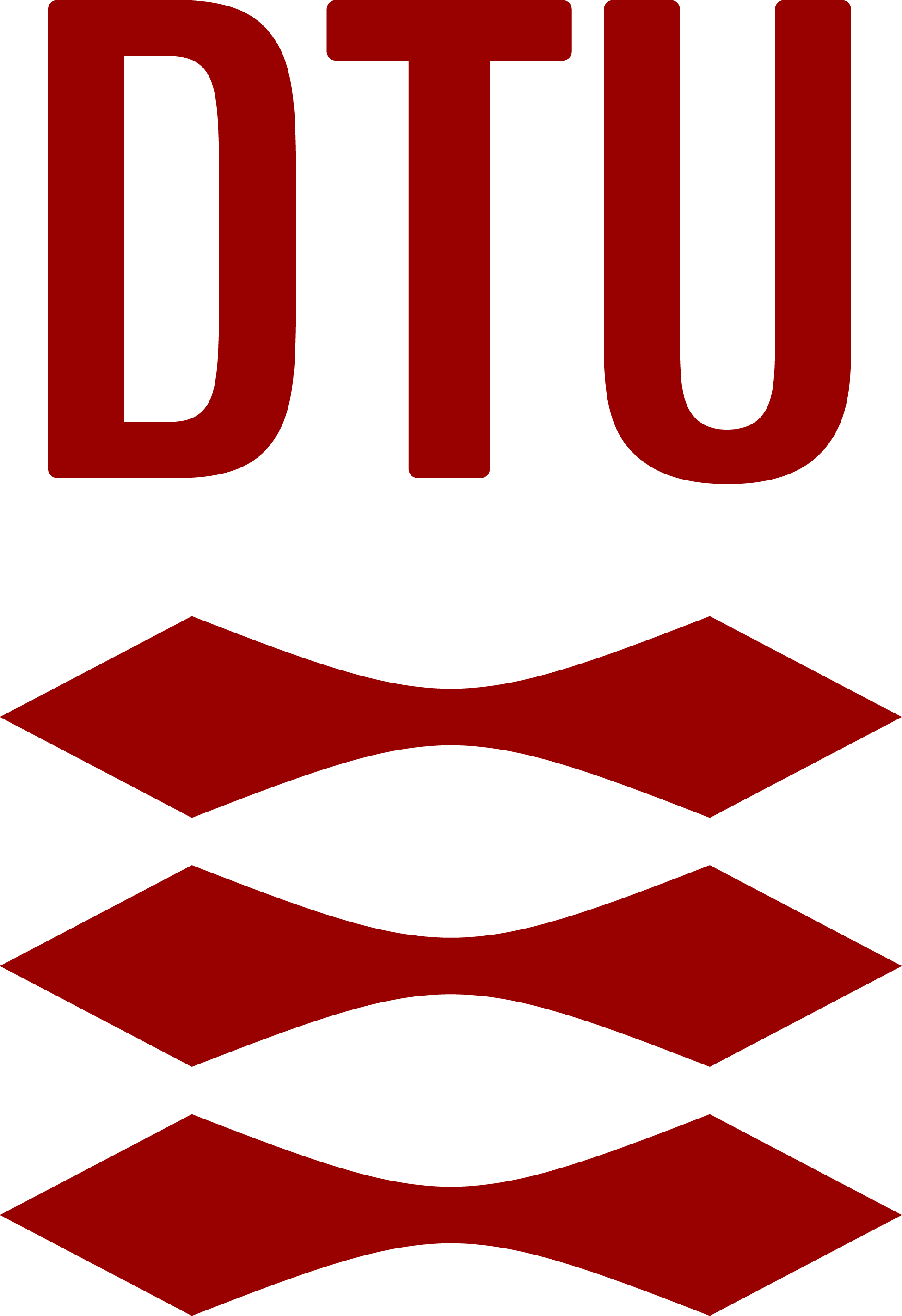Over deze cursus
In this course, you will learn the core concepts of Next Generation Sequencing (NGS) and their computational analysis. The advent of NGS technologies has transformed how biological research is being performed and today almost all biological fields use the technology for cutting-edge discoveries. Today, a human genome can be sequenced in a very short time for under $1000 giving unprecedented possibilities for investigating human traits, evolution, and diseases. Similarly, the genetic material of entire bacterial communities can be sequenced and the interplay with the environment studied, this has lead to the discovery of novel useful enzymes and organisms. As these experiments produce massive amounts of data bioinformatics skills and supercomputing is crucial for the analysis. The aim of the course is to give the students knowledge of NGS technologies with a focus on data analysis. The course will qualify the students to understand NGS data and enable them to analyze these in an UNIX/Linux working environment. The last part of the course will be project work that is based on the students own data or data from public databases.
Leerresultaten
At the end of the course the learner will be able to: explain the applications of the different NGS technologies, including the weakness and strengths of the approaches. explain the steps involved in a general NGS data analysis. explain the key theoretical concepts behind alignment and de novo assembly. use programs in a Unix environment for the analysis of NGS data. understand why certain steps are done in a specific order in NGS workflows. structure a small research project using existing NGS data. use the knowledge gained during the lectures and exercises for a small research project. learn to delegate tasks in a group to complete a small project and communicate the results on a poster.
Toetsing
Written exam: 3 hours
Voorkennis
We recommend that students brush up on their molecular biology prior to the course, so they understand the structure of DNA and the central dogma of molecular biology (DNA->RNA->protein).
Activiteiten
Lectures, computer exercises and project work.
Aanvullende informatie
- Locatie instellingAnker Engelunds Vej 1, Online
- Meer infoCursuspagina op de website van Technical University of Denmark
- Neem contact op met een coordinator
- StudiepuntenECTS 5
- NiveauMaster
- Contact uren per week0
- InstructeursGabriel Renaud
- InstructievormHybrid
